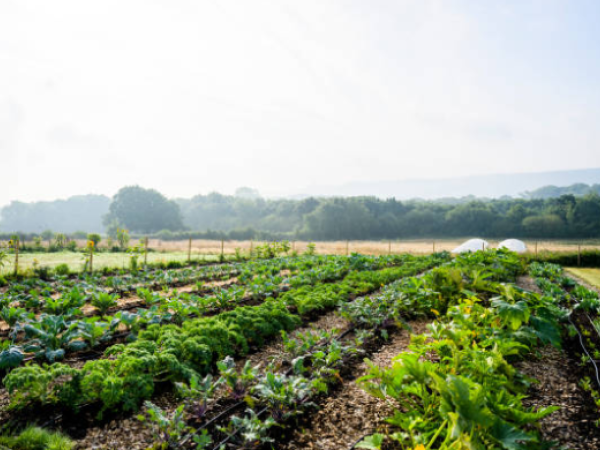During three days of intense bilateral dialogues, the Colombian Agricultural Institute (ICA) has reached important agreements with various productive sectors of the country.
(Read: Agriculture, the most important non-mining sector in the relationship with the United States)
These talks, focused on improving the regulations, health and admissibility of Colombian agricultural products in the global market, have marked significant progress in building a public-private agenda.
The ICA technical team, led by Paula Andrea Cepeda, acting manager, held meetings with the directors of five executive chambers of the National Association of Entrepreneurs of Colombia (ANDI): Balanced Food Chamber, Gastronomic Chamber, Proculture Chamber, Food Industry Chamber and Textile Chamber.
(Read more: Carrots and lettuce, the products that rose the most during the truckers’ strike)
At these meetings, crucial issues were addressed such as access to raw materials, the importance of sanitary and phytosanitary measures, bio-inputs, online registration and shrimp import from Ecuador.
Colombian agriculture
iStock
Catalina Sierra, general manager of Alimentos Sevilla, highlighted the importance of these meetings with the ICA, emphasizing that the agreements on legal, sanitary and phytosanitary matters They are essential to ensure that the marketing and export of agricultural products comply with international standards.
(See also: Government files the Law on Agrarian Jurisdiction before the Senate of the Republic)
Paula Andrea Cepeda stressed the ICA’s willingness to ensure that Colombian agricultural products reach both national households and international markets, thanks to the technical, logistical and human tools available.Joint work between the public and private sectors is essential to strengthen our agri-food competitiveness“, Cepeda said.
The Vice Minister of Agricultural Affairs, Geidy Ortega, also participated in these technical meetings and reaffirmed ICA’s commitment to continue collaborating closely with all the actors in the sector.These dialogues reflect a firm commitment to move towards a more competitive, sustainable agricultural sector aligned with international standards,” they claim.
(Read more: Agriculture is growing, but not consistently)


















